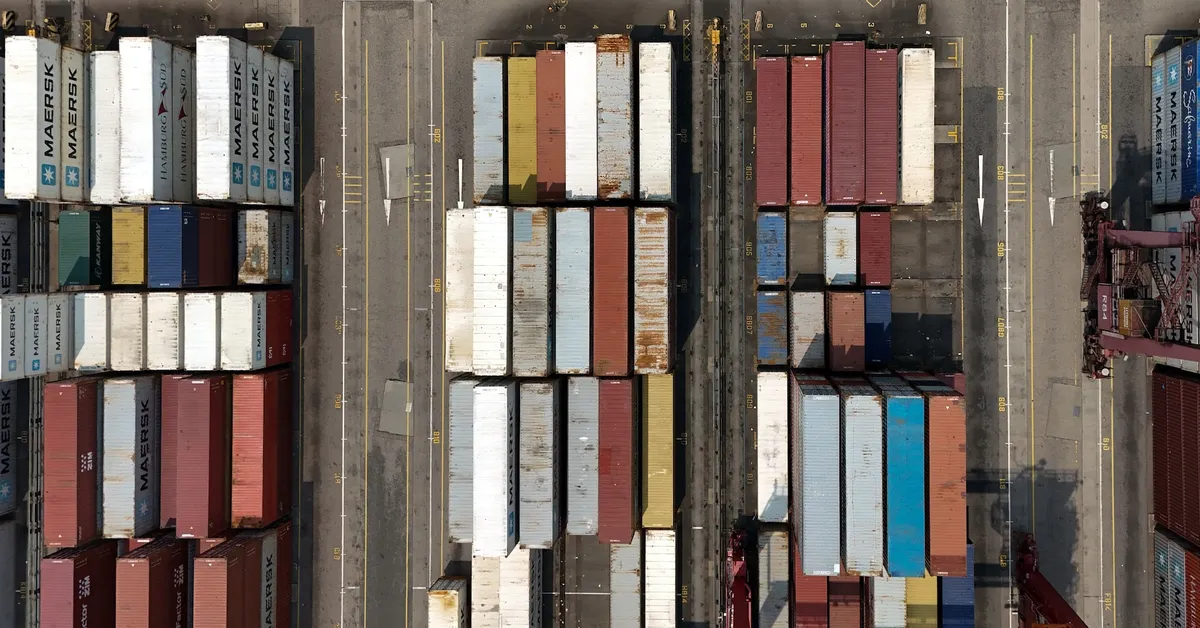
On April 25, 2023, China announced exemptions for certain U.S. imports from its steep tariffs, signaling a potential thaw in the ongoing trade war between the two largest economies in the world. However, Beijing swiftly refuted U.S. President Donald Trump's claims of ongoing negotiations, emphasizing that no discussions were taking place.
Reports indicate that China has permitted specific U.S.-made pharmaceuticals to enter its market without incurring the 125% tariffs that were implemented earlier this month. This move was part of China's response to Trump's imposition of 145% tariffs on U.S. goods. Additionally, a circulating list of 131 product categories, which may be eligible for tariff exemptions, includes vaccines, chemicals, and jet engines. While the authenticity of this list remains unverified, it reflects ongoing discussions within business and trade circles.
In recent statements, Trump's administration has indicated a desire to de-escalate tensions with China. Trump noted in an interview with TIME magazine that he had been in contact with Chinese President Xi Jinping, suggesting that talks were progressing. However, the Chinese Embassy in Washington quickly countered these assertions, stating, "China and the U.S. are NOT having any consultation or negotiation on tariffs. The U.S. should stop creating confusion."
In addition to the significant tariffs imposed on China, Trump has introduced targeted tariffs on various other countries, which he has temporarily suspended until July 9. This has prompted a rush among U.S. trading partners to negotiate individual trade agreements before the deadline, a challenging endeavor given the complexity and duration of past trade negotiations.
Trump has mentioned being "very close" to reaching a deal with Japan, which analysts view as a critical test case for future bilateral trade agreements. Expectations are building that Trump and Japanese Prime Minister Shigeru Ishiba may announce a pact during their upcoming meeting at the G7 summit in Canada this June.
While Trump believes that his extensive trade barriers will revitalize U.S. manufacturing, economists warn that such measures could lead to increased prices for American consumers and pose a heightened risk of recession. In fact, U.S. stocks have fallen approximately 10% since Trump took office in January, underperforming compared to global indexes, while the dollar has experienced a significant decline.
On a positive note, European and Asian stock markets are poised for a second consecutive week of gains, and the dollar may be on track for its first weekly increase in over a month. Investors are finding reassurance in the signs that the U.S. and China might be willing to ease their trade hostilities. Wall Street's main indexes saw slight increases as market participants sought clarity on the U.S.-China trade situation.
Trump's tariff policies extend beyond country-specific measures; he has also enforced a blanket 10% tariff on all other U.S. imports, along with elevated duties on steel, aluminum, and automobiles. Additionally, he has considered further industry-specific tariffs, particularly affecting pharmaceuticals and semiconductors. According to industry estimates, such tariffs could potentially raise drug prices in the U.S. by as much as 12.9%.
At the recent spring meetings of the International Monetary Fund (IMF) and the World Bank, discussions centered around Trump's tariffs, with finance ministers keen to engage in one-on-one meetings with U.S. Treasury Secretary Scott Bessent. Initial talks with South Korea were characterized as successful, with further discussions anticipated. Similarly, Switzerland expressed satisfaction with its preliminary meeting with Bessent.
The U.S. trade office has indicated ongoing engagement with Japan and other nations, though it is ultimately Trump's decision whether these negotiations will move forward. Despite the IMF's warning that these tariff policies could lead to a significant slowdown in global growth, tangible progress in trade discussions with other countries remains elusive.